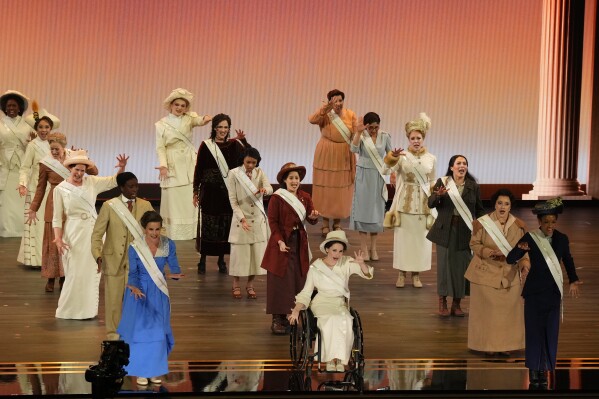I love museums, and I love the very British obsession with them. Not just the big institutions that stand proudly in our major cities, but the smaller oddities: the Framework Knitters Museum in Ruddington, Nottinghamshire, or the Bakelite Museum in Somerset (temporarily closed, and awaiting a new home). They speak to us as a nation of hobbyists and obscurists: these places are proud bastions of niche in a society whose preoccupations are becoming depressingly mainstream.
But museums are also a cult. When we talk about free admission to them – and there are hundreds of museums and galleries that offer this – people become oddly emotional, in the same way that they do about the National Health Service. It’s as if we believed that free entry were a constitutional right, and attempts to monetise it were an incursion on our freedom.
In a perfect world, it’s true, all our museums would be free to enter. But, as I have said more than once before in this column, there is no more money. I therefore agree with Mark Jones, former head of the British Museum, who stated at the weekend that his old manor should charge foreign visitors to see the wonders of Mesopotamia and ancient Japan.
The British Museum has been in this sort of territory before. I remember the outrage about a decade ago, when it proposed an entrance fee for tourist groups, a policy that it still hasn’t implemented – although large groups do have to book in advance, and are excluded from certain rooms.
Now is the time. I don’t understand why museums haven’t been more aggressive about charging in the past few years. Why should tourists enter our museums for free? They pay tour operators and hotels, after all, and many of these visitors are wealthy: the cost of a ticket is likely small change. Some believe that museums containing the world’s greatest treasures have a moral obligation not to charge visitors; I think that this is pie-in-the-sky nonsense. Museums have bills and staff to pay, like anyone else, and while we in Britain are already funding museums through our taxes, people from abroad are contributing nothing.
I would, in fact, go further than Jones. He thinks that foreign visitors under the age of 25 shouldn’t have to pay. By contrast, as a way of engaging young minds, and in particular the less advantaged ones, I would suggest free entry for anyone younger than 18 unless they come from abroad – which may sound discriminatory, but young tourists who visit our national institutions are very likely to be able to afford a museum ticket.
Plenty of institutions are poorer than the British Museum. My current hobby-horse – the withdrawal of local council funding from major arts institutions – means that museums are facing a grim future all around the country, and entry charges would help a little in staving off the closure of those venues whose councils are on the verge of bankruptcy (or, in the case of Birmingham, already in its throes).
As much as people like cake – and I like cake almost as much as I like museums – the allure of the café and the gift shop aren’t nearly enough to keep the wolf from the door.
In recent years, Britain has been squaring up to the idea of a tourist tax, which is already implemented in many parts of Europe, and has always seemed eminently sensible.
If you want to gauge its potential here, look at Manchester, which began trialling a tourist tax in 2022. Its fees were modest – £1 per night per room for selected hotels in the city – and yet the income raised in the first year was £2.8 million. Our museums and galleries might only see a fraction of this, but with higher fees – of which I’m all in favour – the money could be spread further. Manchester is a confident city, blending commercialism and civic pride. Others could learn from it.
Note also that Manchester’s tourist tax is not intended as a deterrent, unlike (say) Venice’s €5 (£4.20) charge for day trippers, which is explicitly designed as a prohibitive measure. But such measures are working their way into Britain. The council running Bournemouth, Christchurch and Poole recently proposed the country’s first “coastal tourist tax”, although earlier this week it was put on hold following opposition from local hotels.
In Brighton, you now have to pay £1 to visit the pier if you live outside the area. The charge is small, but has raised the issue of what’s “local”: many visitors are annoyed that they live just outside the catchment area. Such fees, then, need to be implemented with a careful eye on geographical reach, and to accommodate those who live “nearby, but not that nearby”.
Last week, I predicted a gloomy future for the arts under Labour – although, admittedly, one that wouldn’t be any gloomier than life under the present Government. But Mark Jones has suggested something that could provide a rescue plan for several parts of the cultural sector. I can’t help suspecting that those in opposition to charging entry fees are the same people opposed to most corporate sponsorships. Quite where they think the money will come from is anyone’s guess.
It certainly isn’t going to come from the next government.
Disclaimer: The copyright of this article belongs to the original author. Reposting this article is solely for the purpose of information dissemination and does not constitute any investment advice. If there is any infringement, please contact us immediately. We will make corrections or deletions as necessary. Thank you.




